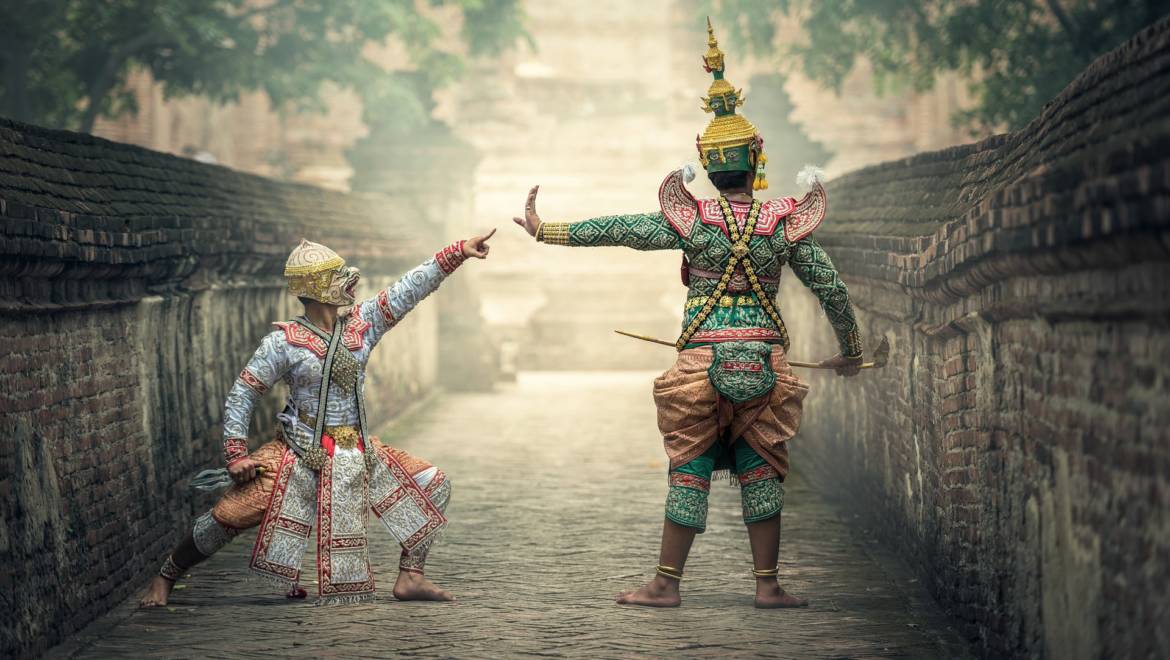Psychosomatické aspekty bolestí pohybového aparátu
Lidské tělo není chytrý stroj, jak je mnohdy v západní společnosti vnímáno. Nelze tedy izolovaně opravit či vyměnit jednotlivou součástku a odstranit tak potíž. Orgánové systémy spolu úzce komunikují pomocí tisíců chemických látek a nervových vzruchů. Pohybový systém je jedním z prvních, který reaguje na různé problémy v běžném životě.
Když člověk pevně stojí na nohou, vnímá své tělo a jeho těžiště, má stabilní spojení se zemí. Tento termín – nikoli náhodou – používá i psychoterapie „být uzemněn“. Jak už to tak v přírodě chodí, stejné principy se stále opakují v malém i velkém, fyzická a psychická stabilita jsou velmi úzce propojeny. Souvislosti mezi tělem a duší popisuje i mnoho různých rčení: ztratit půdu pod nohama, strnout úděsem, jít na vratkých nohou, jít do kolen, hrbit se před někým. Nebo přirovnání popisující povahu člověka „je to rovný člověk“ nebo naopak „je to křivák“, „ ten je tvrdošíjný“ nebo „ten je měkkej“.
Pokud přijmeme symbolickou představu těla jako projekčního plátna duše, kde jinde by se mohly naše postoje ke světu reprezentovat výrazněji než na postoji/držení těla. Je známo, že depresivně ladění pacienti bývají tělesně velmi „zatuhlí“. Úzkosti vyvolávají křečovité stažení svalstva a často jsou provázeny také závratěmi. Tlak na výkon, sexuální tabu, traumatizace z dětství, aktuální vztahové problémy – to jsou všechno témata, která trvale narušují svalovou výkonnost, mění vnímání bolesti, zasahují do nervově-hormonálních regulačních obvodů.
Velmi často lze u pacientů s bolestmi pohybového aparátu vysledovat, že změnou vnějšího postoje se snaží zamaskovat postoj vnitřní. Z tohoto důvodu je tak důležité stát v pozoru u vojáků, kteří uvnitř prožívají mnohdy nejhorší ponížení. Avšak právě tento tlak mezi skutečným prožíváním a snahou působit jinak vede ke zvýšenému svalovému napětí, které vytváří bolest a ta reaktivně zvyšuje svalové napětí. Vzniká bludný kruh a bolesti se stávají chronickými.
U většiny pacientů s dlouhodobými bolestmi pohybového aparátu nalezneme potlačenou reakci na stres. Jednak je to strachem z nevhodného chování – obava z toho, že by mohli podniknout agresivní protiútok proti vyvolávající příčině, za druhé pak potlačení útěkové reakce, s čím je spojené také potlačení úzkosti. Často jde dokonce o oba tyto jevy současně a tím jsou do svalů posílány protichůdné impulzy, které v souhrnu zvýší svalovou strnulost. Člověk pracující pod autoritativním šéfem si nemůže dovolit bez ztráty zaměstnání svého šéfa fyzicky napadnout, ani okamžitě utéct ze zaměstnání. Tento konflikt pak prožívá na úrovni těla – bolestí zad. Ke konkrétním konfliktům tohoto typu se v dnešní době přidávají další stresory, neboť doba přeje mladým, vzpřímeným, úspěšným, vždy potentním. Zvláště u mužů souvisí bolesti zad také se ztrátou autority v rodině, se subjektivně nedostatečným finančním ohodnocením, selháním v intimně-sexuální oblasti.
Celostní přístup k řešení bolestí pohybového aparátu je pozvolný, zaměřuje se nejprve na celkové zklidnění, uvolnění jak fyzických, tak psychických napětí. Psychoterapeutické metody se zabývají hledáním souvislostí mezi bolestí a stereotypy chování, vztahovými vzorci, ambivalencemi v životním příběhu. Psychoterapie má proto u takových pacientů velký význam a společně s fyzioterapií přináší významnou úlevu od fyzických obtíží.

